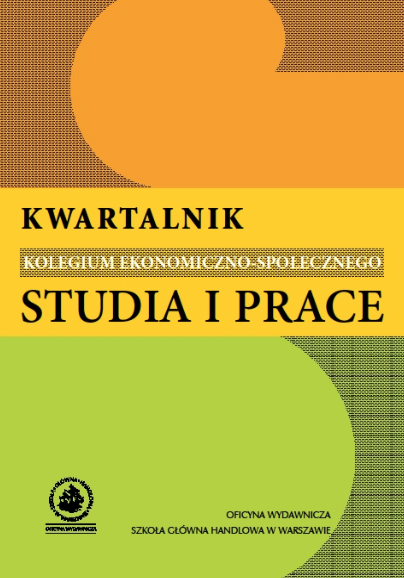Ewolucja polityki gospodarczej Malty od uzyskania niepodległości w 1964 r. do przystąpienia do UE w 2004 r.
Malta's economic policy evolution from gaining independence in 1964 to its accession to the EU in 2004
Author(s): Jolanta JanekSubject(s): Politics, National Economy
Published by: Szkoła Główna Handlowa w Warszawie
Keywords: economy; state sector; welfare state
Summary/Abstract: Until the 1960s, when Malta remained a British colony, its economy was characterised by a low degree of industrialisation and low exports and was subordinated to the interests of the metropolis. The main source of income for the country was the shipyard and the Royal Navy base. The independence of 1964 created a political and economic space for the industrialisation and development of Malta. In the following years, despite several radical changes in the economic policy pursued by successive governments, the Maltese economy gained high growth dynamics, diversified production, managed to attract foreign investors, gained access to new technologies, developed exports. The model focused on export production and attracting foreign direct investment turned out to be effective and made it possible to implement a costly welfare state policy.
Journal: Kwartalnik Kolegium Ekonomiczno-Społecznego „Studia i Prace”
- Issue Year: 36/2018
- Issue No: 4
- Page Range: 221-242
- Page Count: 22
- Language: English, Polish

